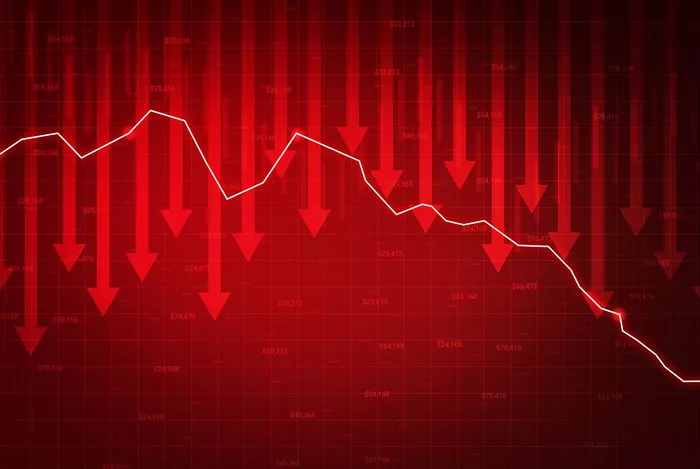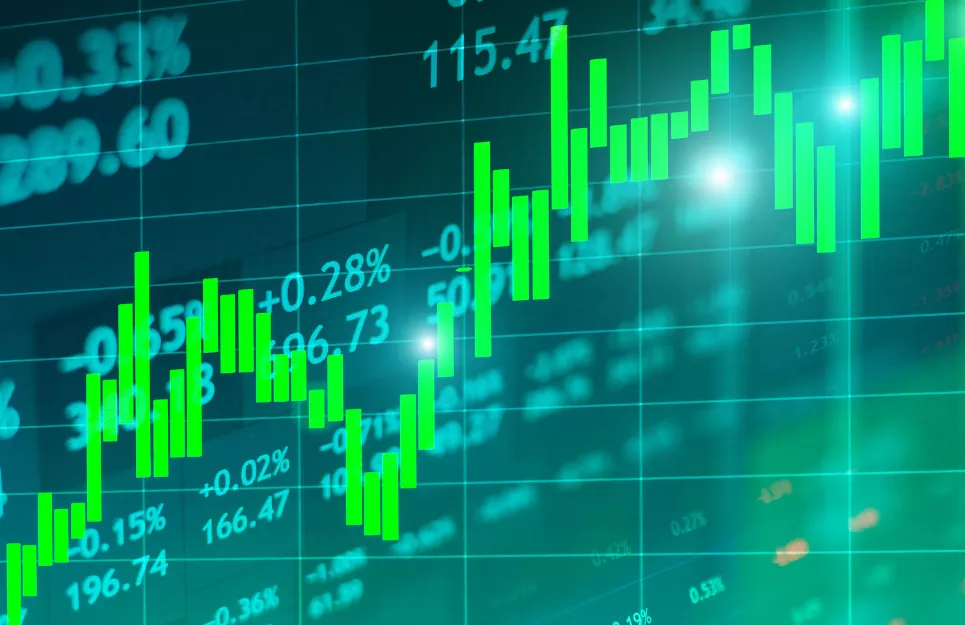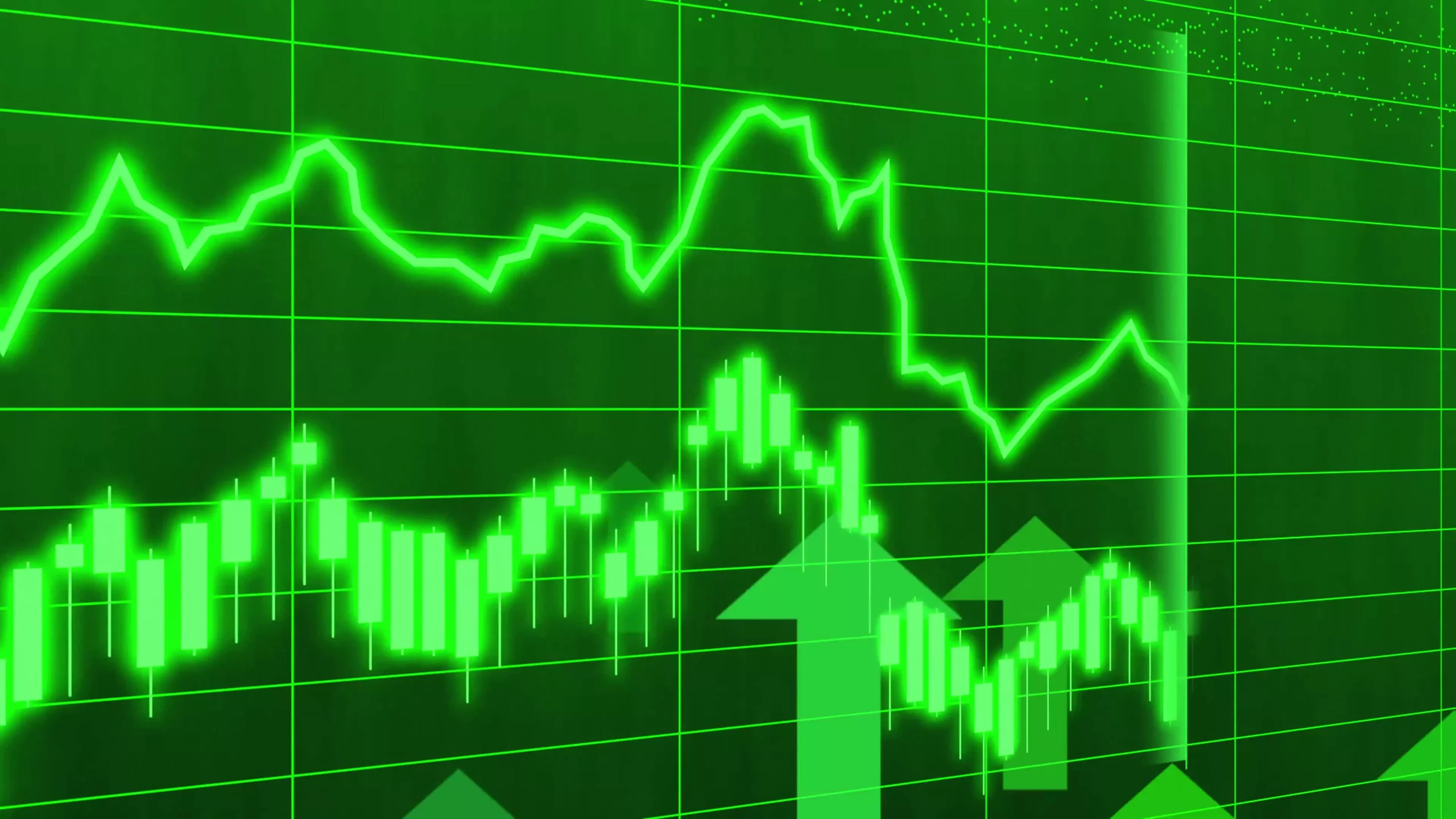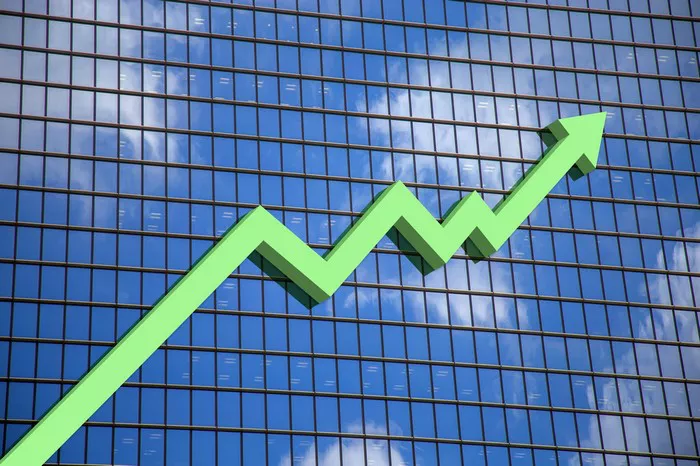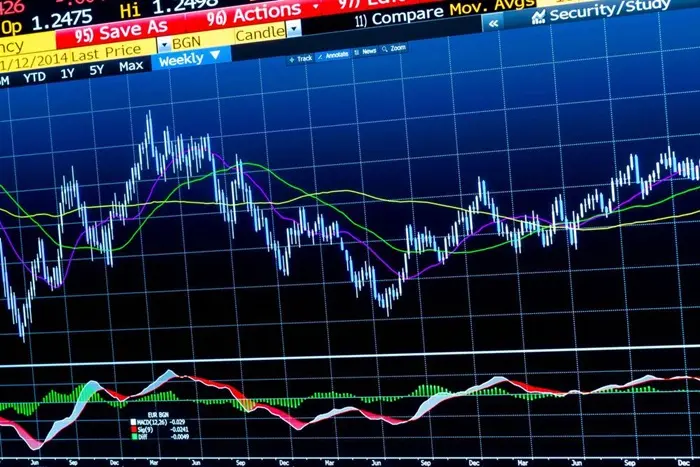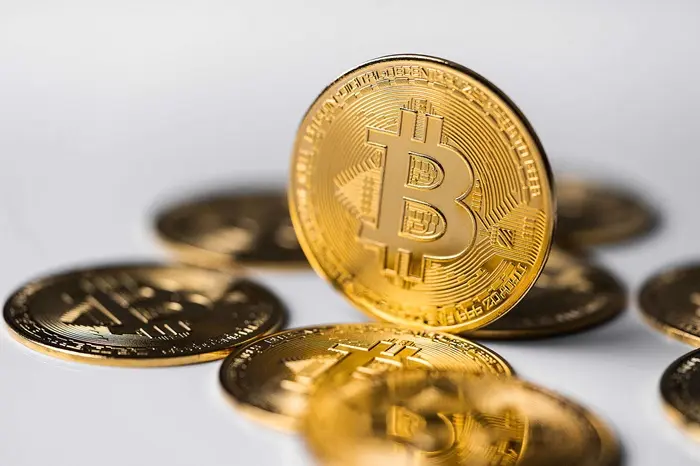Asian shares were mixed on Wednesday as investors awaited U.S. President Donald Trump’s upcoming tariff announcements, which are expected to take place on “Liberation Day.”
Japan’s Nikkei 225 rose by 0.3%, closing at 35,718.61.
Hong Kong’s Hang Seng declined 0.1%, ending at 23,176.47.
The Shanghai Composite saw a marginal drop of less than 0.1%, settling at 3,346.66.
Australia’s S&P/ASX 200 inched up 0.1% to 7,934.50.
South Korea’s Kospi fell 0.7%, closing at 2,504.86.
Mizuho Bank analyst Tan Jing Yi noted that, “Amid the uncertainty on tariff details, risk sentiments were broadly fragile.”
U.S. Markets Show Mixed Performance
On Wall Street, markets were volatile but showed some gains on Tuesday. The S&P 500 rose 0.4% to 5,633.07, recovering from an early 1% drop. The Dow Jones Industrial Average saw a minor decline of less than 0.1%, closing at 41,989.96, while the Nasdaq Composite gained 0.9%, ending at 17,449.89.
Investor sentiment remains fragile as market momentum shifts not only daily but hourly, driven by uncertainty over Trump’s tariff strategy and concerns about inflation and economic growth.
Bond Market Reacts to Economic Reports
In the bond market, Treasury yields dropped following reports indicating a contraction in U.S. manufacturing activity and slightly fewer job openings than expected. The yield on the 10-year Treasury bond fell to 4.16% from 4.23% on Monday, and significantly lower than the 4.80% seen in January. This decline reflects growing concerns about a potential slowdown in the U.S. economy.
Tariffs and Their Economic Impact
Ahead of the tariff announcements, companies have already begun feeling the effects of Trump’s trade war. Trump has pledged to implement tariffs on imports, aiming to reduce the U.S.’s reliance on foreign goods and bring manufacturing jobs back to the country.
Despite a still-growing economy and a relatively stable job market, the uncertainty surrounding the implementation of tariffs has left investors cautious. Even if the tariffs are less severe than anticipated, the unpredictable nature of the trade strategy could lead to reduced spending by U.S. households and businesses, potentially damaging the economy.
Gold Prices Surge Amid Market Uncertainty
The ongoing market unease has driven the price of gold to new highs. On Tuesday, gold briefly topped $3,175 per ounce, up from less than $2,700 at the start of the year, as investors seek safer assets amid growing uncertainties.
Stock Movements on Wall Street
On Wall Street, Tesla’s stock rose by 3.6% ahead of its upcoming delivery report for the first quarter. However, the company has faced criticism, with protests against CEO Elon Musk’s involvement in U.S. government spending cuts. Despite the rally, Tesla’s stock is still down by about a third this year.
PVH Corp., the parent company of Calvin Klein and Tommy Hilfiger, surged by 18.2% after reporting stronger-than-expected profits for the last quarter and announcing a $500 million share buyback program.
Newsmax continued its dramatic rise, gaining another 179%, following its 735% surge on Monday, the first day of trading for the news company’s stock.
Losses for Johnson & Johnson
On the losing side, Johnson & Johnson fell 7.6% after a U.S. bankruptcy court judge rejected the company’s settlement plan related to its talc-based baby powder. This marks the third time that the company’s attempts to resolve the issue through bankruptcy have been denied.
Commodity and Currency Markets
In commodity trading, benchmark U.S. crude oil saw a slight decline, losing 8 cents to $71.12 a barrel. Brent crude, the international standard, fell by 9 cents to $74.40 a barrel.
The U.S. dollar rose slightly, reaching 149.83 Japanese yen, up from 149.62 yen. The euro was priced at $1.0794, a slight increase from $1.0791.
Related topics:


